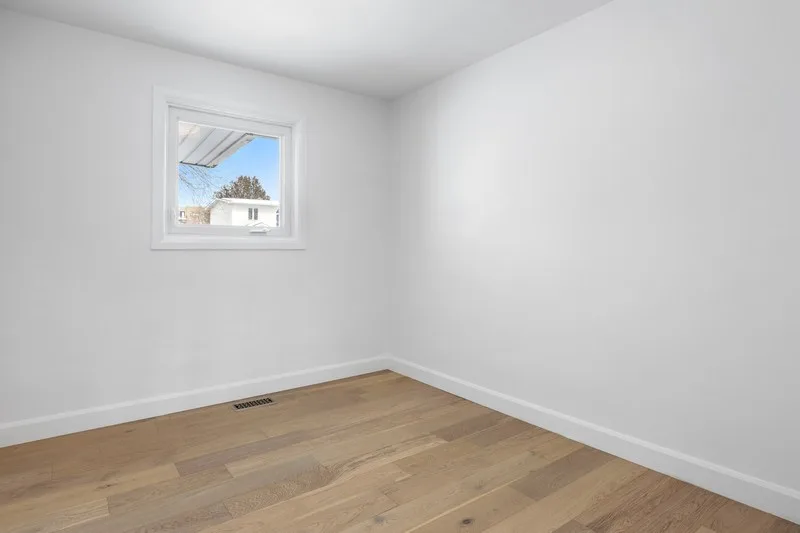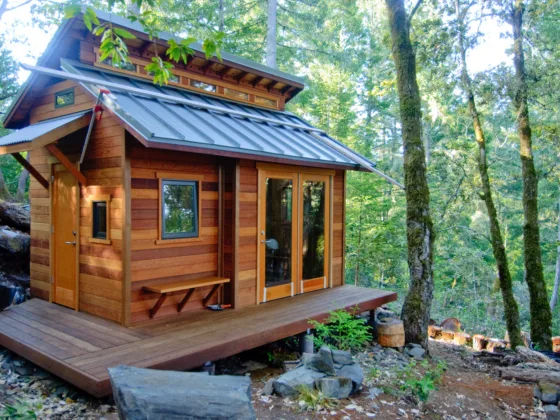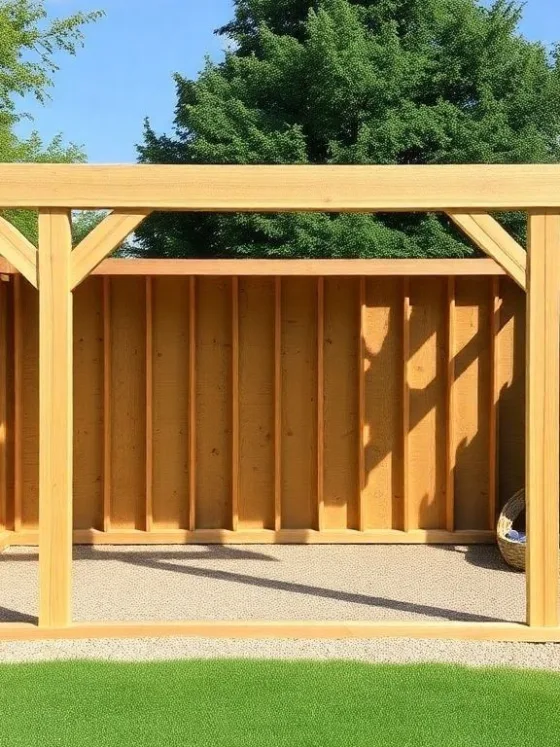Table of Contents Show
When it comes to engineered hardwood flooring, not all options are created equal. If you’re looking for durability and practicality, two contenders rise above the rest – maple and hickory. In this blog post, we’ll delve into the battle of the hardwoods and help you decide which one is the right choice for your home.
Maple: The Classic Beauty
Maple hardwood flooring is a timeless choice that adds elegance and warmth to any space. Known for its light, creamy color, and subtle grain patterns, maple is a versatile option that complements both traditional and modern interiors.
But it’s not just about looks – maple is also incredibly durable. Its dense composition makes it resistant to dents and scratches, perfect for high-traffic areas or homes with pets and children. Plus, maple is less prone to warping or cupping, making it an excellent choice for humid environments.
Hickory: The Tough Guy
If you’re looking for a hardwood flooring option that can handle anything life throws at it, hickory is your best bet. With its rich, varied grain patterns and warm, earthy tones, hickory brings a rustic charm to any room.
But don’t let its beauty fool you – hickory is one of the hardest domestic hardwoods available. It can withstand heavy foot traffic, resist scratches, and even endure the occasional dropped object without showing much wear and tear. Hickory’s strength and durability make it an excellent choice for busy households or commercial spaces.
Comparing Durability
Both maple and hickory are durable options, but hickory takes the lead in terms of hardness. On the Janka hardness scale, which measures the resistance of wood to denting and wear, hickory scores higher than maple. This means that hickory is more resistant to scratches and dents, making it a top choice for areas with high foot traffic or heavy furniture.
Related:
However, maple is no slouch in the durability department either. Its natural hardness and density still make it highly resistant to wear and tear. Unless you have extreme conditions, maple will serve you well and maintain its beauty for years to come.
Practical Considerations
When it comes to practicality, both maple and hickory have their advantages. Maple’s light color and subtle grain patterns make it an excellent choice for smaller spaces, as it can create an illusion of openness and brightness. On the other hand, hickory’s rich, varied grain patterns can help hide minor imperfections or scratches, making it a great option for high-traffic areas.
Another practical consideration is maintenance. Both maple and hickory are relatively easy to clean and maintain, requiring simple sweeping and occasional damp mopping. However, it’s worth noting that hickory’s darker tones may show dust and pet hair more easily than maple’s lighter shades.
The Verdict: Maple or Hickory?
Ultimately, the choice between maple and hickory comes down to personal preference and the specific needs of your space. If you prioritize durability and want a hardwood that can handle heavy use, hickory is the way to go. On the other hand, if you’re looking for a classic, versatile option that can withstand everyday wear and tear, maple is an excellent choice.
Whichever hardwood you choose, be sure to consult with a flooring professional to ensure you select the right grade, finish, and installation method for your specific needs. With proper care and maintenance, both maple and hickory will provide you with a beautiful and long-lasting flooring solution.
Conclusion
When it comes to engineered hardwood flooring, maple and hickory are two top contenders in terms of durability and practicality. Whether you prefer the classic beauty of maple or the tough and rustic charm of hickory, both options offer excellent choices for any home. So, weigh your preferences and consider the specific needs of your space, and let the battle of the hardwoods help you make the right decision for your flooring needs.










